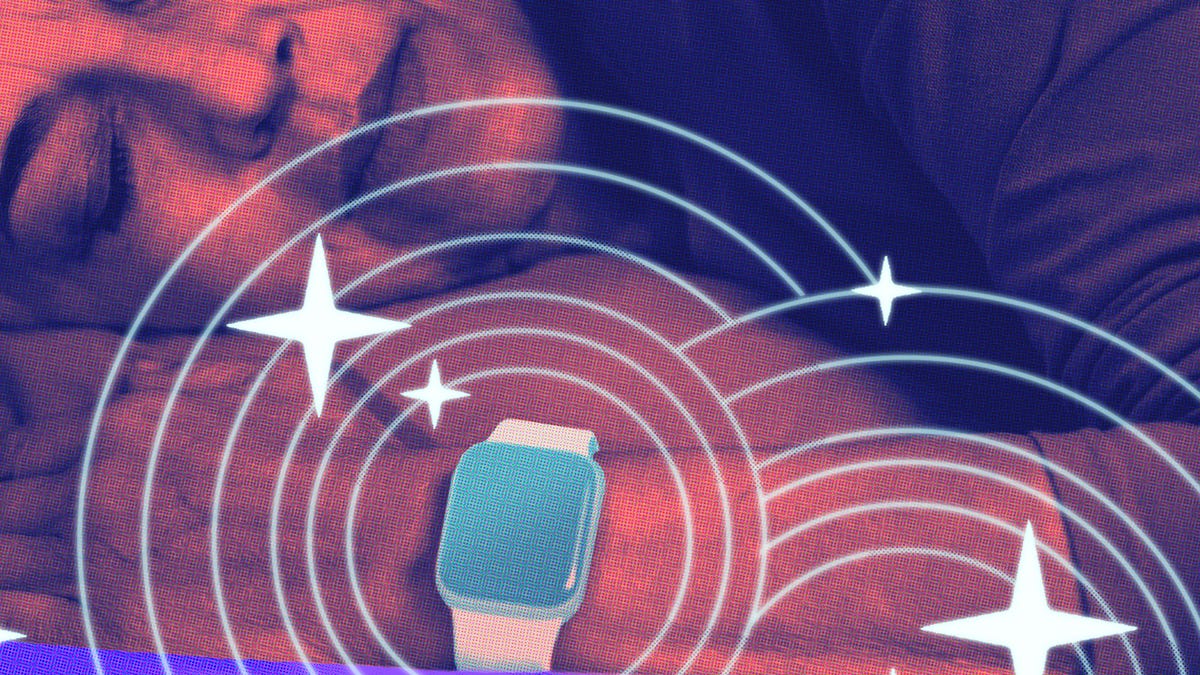Key insights
-
1
Modern Lifestyle and Sleep Deprivation
The article highlights how the demands of contemporary lifestyles, including long work hours and constant connectivity via technology, contribute significantly to poor sleep quality. This is exacerbated by environmental factors like noise and light pollution.
-
2
Economic Impact of Sleep Industries
The sleep industry has grown exponentially, with consumers spending billions on sleep aids, mattresses, and sleep-related technologies. This demonstrates the high value placed on sleep and the lengths to which people will go to achieve it.
-
3
Health Consequences
Lack of adequate sleep is linked to a multitude of health issues, including mental health disorders, cardiovascular diseases, and impaired cognitive function. The article emphasizes the importance of sleep for overall well-being.
-
4
Cultural and Social Factors
Different cultures have varying attitudes toward sleep, which can influence sleep patterns and perceptions. The article examines how societal norms and expectations around productivity and rest impact sleep behaviors.
-
5
Technological Solutions and Innovations
Emerging technologies aimed at improving sleep quality, such as sleep-tracking devices and apps, are discussed. These innovations reflect a growing awareness and proactive approach to tackling sleep-related issues.
Takeaways
Achieving quality sleep has become increasingly difficult and expensive due to modern lifestyle demands and environmental factors. Despite the booming sleep industry and technological advancements, the quest for better sleep continues to be a significant challenge for many individuals.
